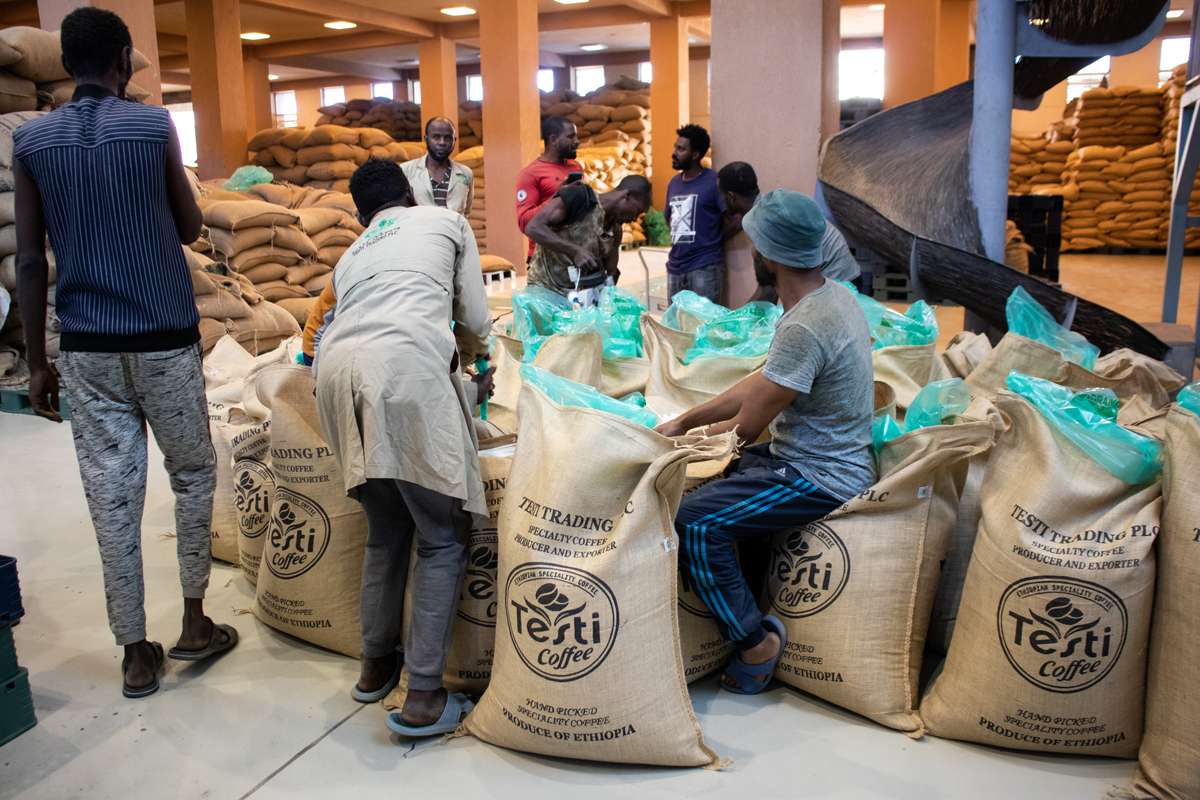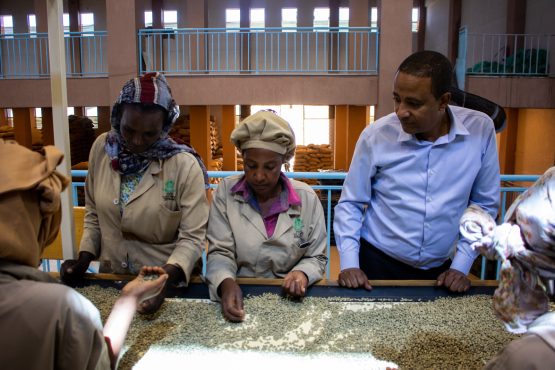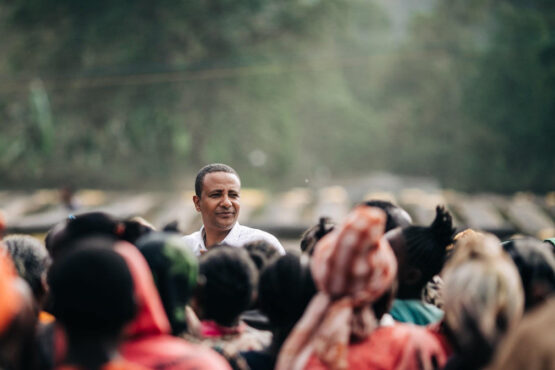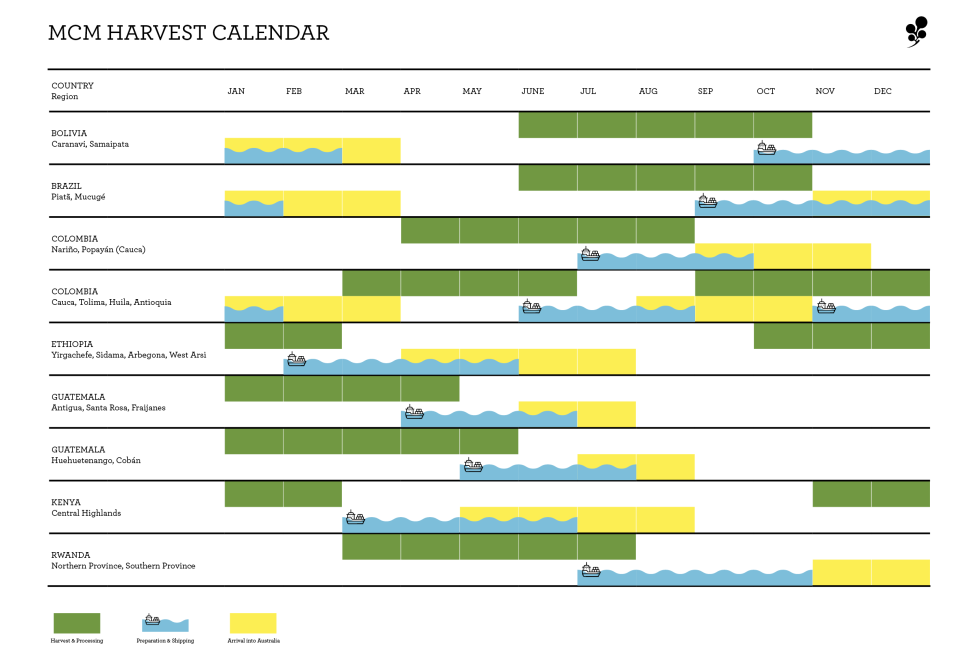Testi Specialty Coffee
Testi Specialty Coffee is a coffee-exporting company established by Mr. Faysel A. Yonis and his wife in 2009. The word “testi” means happiness in the local Harrari language, which is fitting as their coffees make us very happy!
Testi’s objective is to build long-term relationships with buyers and growers by producing exceptional coffees and establishing transparent business practices. Testi’s business model is to buy coffee cherry from local ‘out-growers’ (an Ethiopian term for a smallholder farmer who contributes to a particular washing station) to be processed at their own washing stations. They also purchase coffee in parchment from partner washing stations.
Mr. Faysel has been in coffee his whole life. Growing up surrounded by coffee fields in Ethiopia’s countryside, he started trading cherry when he was still in high school. Today, the company owns 28 washing stations – located in Guji, West Arsi, Sidama and Yirgacheffe – which are operated with meticulous attention to sorting, screening and processing. The company aims to secure high prices for their coffees, which then allows them to pay fair and sustainable prices to the growers who deliver cherries to their washing stations.
Testi Specialty Coffee is committed to maximising the potential and profitability of Ethiopian coffees. To do so, the company works closely with producing farmers to increase their yields and raise the quality of the coffee they produce, and with their washing station partners to streamline operations and ensure all coffees processed are clean and transparent.
The company’s philosophy revolves around supporting and growing with the farming communities that produce their coffee. Mr Faysel strongly believes that increased rewards for the out-growers should be shared with, and benefit, the entire community. With this in mind, Testi has launched a social program called Project Direct, which focuses on directly supporting coffee farmers and their families in tangible and positive ways. Project Direct initiatives are funded by Testi and are designed to motivate and empower farming communities, develop social conditions and improve livelihoods.
To date, Project Direct has built four primary schools (in Guji, Yirgacheffe, West Arsi and Sidama), where they fund all school supplies and provide financial support and scholarships to top performing students. The project has also funded the building of a high school in Sidama and helped communities access clean water and electricity in the remote areas around their washing stations, also in Sidama. Beyond providing increased opportunities, such initiatives contribute to improved safety, healthcare and productivity at the farm level.



